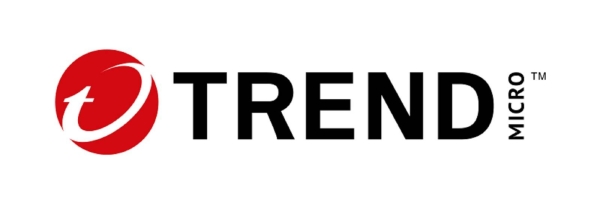
Saudi Arabia has a vision. Wrapped up in that vision are goals such as world-leading healthcare, peerless education, jobs for all, and sustainable economic prosperity. In the many guidelines released by the kingdom’s government on Vision 2030, a recurring note is the need for digital transformation. This is occurring at scale, accelerated by the global pandemic, and now maintaining pace in pursuit of a new hybrid-work future. But amid innovation lurks threat. Cybergangs accelerated their operations to take advantage of remote-work and the vulnerable personal devices it introduced to digital estates. Cybersecurity has become a boardroom imperative.
Trend Micro is an undeniable giant in the industry. Today, more than 7,500 employees (or “Trenders”) around the world serve around 500,000 customers and generate US$2 billion in annual sales.
“Our mission is to secure the connected world – an ambitious proposition, to be sure,” said Kevin Simzer, Chief Operating Officer, Trend Micro. “But like Saudi Vision 2030, we reach for the stars. We want to be the number-one cybersecurity company in the world. This has been our focus for the past 35 years and continues to be our driving force.”
Trend Micro inaugurated its Middle East and Africa headquarters in Riyadh, sending a message of commitment to the region’s digital businesses and the bad actors that pose a threat to them. The company said that its choice of Saudi Arabia for a regional base was partly predicated on the nation’s high ranking in the ITU’s Global Cybersecurity Index (second in the world and top in MEA). But despite the country’s accomplishments in the security space, the rise of ransomware has created more anxiety among business executives over the strength and consistency of their threat postures.
“I think Saudi Vision 2030 shines a spotlight on the kingdom,” said Simzer, “but that also has the potential to attract the attention of threat actors who will look to ransom some technology that is critical to progress. When preparing yourself, it all starts with people. You need skilled people. Some companies have a lot of employees and say they do business internationally, but they don’t have many people on the ground. That’s not us. We have offices in 65 countries. We invest. We recruit at the local level. How else do you get to know your customers? How else would you know what drives them and what worries them? And how else would they get help to their doorstep at 3am? Threat actors, as it turns out, don’t observe standard business hours.”
As technology has lurched forward – mobile, cloud, 5G – companies have followed. Digital transformation has followed the capabilities of the time. But cybergangs have adapted in parallel.
“Trend Micro innovates by predicting infrastructure changes and designing defenses before they are needed,” said Simzer. “For example, we started working on securing the cloud 12 years ago, but mass migration only occurred recently. More than half of our people are engineers and product developers; that’s how seriously we take innovation.”
Trend Micro’s MEA growth has been spearheaded by the company’s regional VP Dr. Moataz Bin Ali.
“Dr. Moataz has an incredible team,” said Simzer. “So, I think we have all the building blocks needed to grow even more. I’m very excited to see where we go from here in MEA. When we open a regional office, we make a strong statement about our commitment to a market and a territory. But we don’t just make that statement for the benefit of our customers and partners. It is also intended for the eyes and ears of threat actors. We are saying, ‘You have an adversary; and we are here to stay.’”












